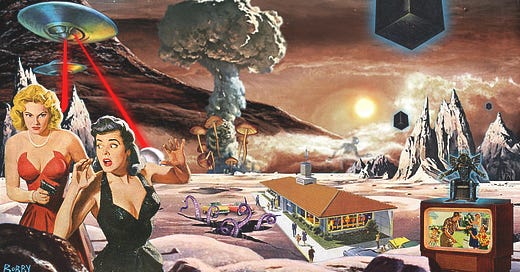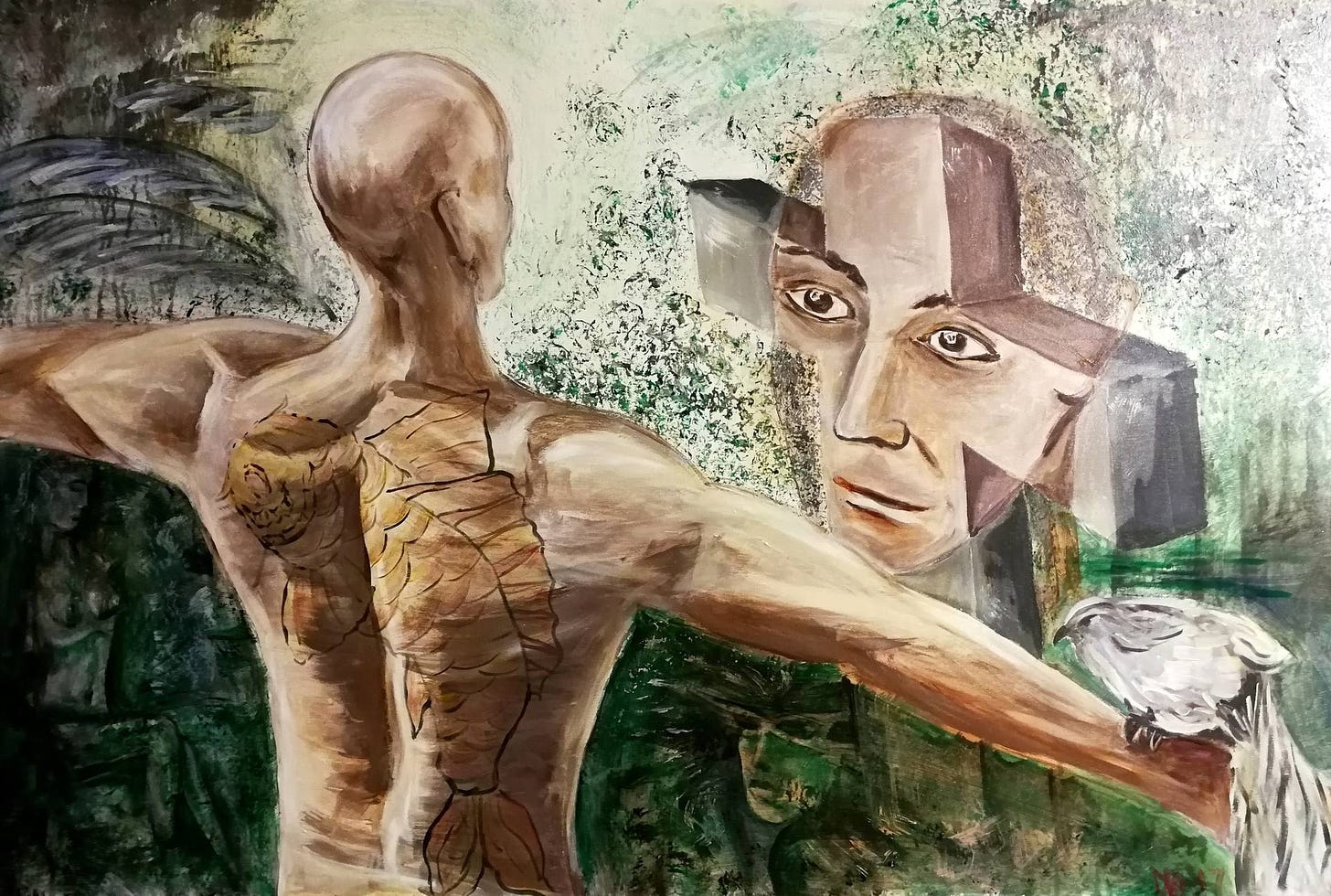Wait! Just Listen is a free weekly Sunday newsletter on living a purposeful and meaningful life, in a digitised world of opinion polarisation, gratuitous commentary and click-bait. Subscribe with one-click to receive my musings right in your inbox.
There is a soulful slant to this week’s essay, an approach that I’ve often toyed with but not necessarily pursued with much vigour. This piece was born out of a lunchtime reflection on what ‘normalcy’ means and if our relentless pursuit of it is indeed justified. I hope you enjoy it as much as I enjoyed writing it.
Over the past couple of years, the word ‘normalcy’ has received considerable coverage in the media and taken up quite a bit of real-estate in our minds, as we navigate through the presiding pandemic, more so for those living south of the equator. Each day we plod through the seeming mundanities of life, clinging on to the hope that a revised flavour of normalcy (the ‘new-normal’) will resume in some shape or form. In fact, normalcy has become a currency for certainty; that things, events and people will ultimately revert to some curious baseline quality of existence. There is a sense that through a return to normalcy, we will be granted a reprieve from facing our civilisation’s vulnerabilities.
But were we ever ‘normal’ to begin with? And will we ever be freed from feeling vulnerable? Are we, in fact, being held captive to the myth of normalcy?
The myth of normalcy, in my opinion at least, is part of a broader cultural tyranny (with social media being one of the key tyrants) that tells us there are a handful of valid ways to be human and demands of us to contort into these accepted forms of being. But the great hoax is that they are horrendously muted forms of living — the real reduced beyond recognition into the ideal, an ideal too narrow and symmetry-bound to account for the gloriously shambolic reality of being what we are.
I’ve always felt that we crave normalcy because we want to avoid the dazzling complexities that come with living. We tell ourselves that the safer and less provocative option is to encase our subjectivity in elaborate cathedrals of rationalisation. We feel unsettled when confronted with a mismatch between our perception and reality. Driving this discomfort is also the rhetoric of dissatisfaction; that there is a reality out there with far lesser levels of confusion and complexity than what we’ve been deviously dealt with by the conspiring hands of fate/destiny.
But what we are not remembering is that these visions of reality that annoy us through their seeming perfection are themselves peppered with the same vulnerabilities, perversions, and idiocies we’re so intimately familiar with inside our current lives. That is the fundamental peculiarity of life and to shy away from this hardened truth is to remain shrouded under a veil of Instagram-induced illusion.
Any deviation from normalcy or a rupture in routine isn’t necessarily a random piece of madness, malfunction or an unfortunate twist of fate. I believe these moments provide a very real albeit inarticulate attempt by our mind to jolt us into moments of growth, self-development and self-discovery. It is paradoxical in many ways because these dreaded moments jump-start the process of sustained progress and self-flourishment through a stage of uncertainty, agitation (‘why aren’t things changing’) and stagnation.
I’d like to think that beneath these turbulent episodes, we are on a hidden yet logical quest for self-realisation. The crisis/chaos, is an attempt to dislodge us from a toxic status quo. It is an impassioned rallying call to rebuild our lives with greater authenticity and sincerity away from all that is pretentious, unnatural and manipulative in a media-saturated world of false promises and ambitious fairy tales.
The search for self-knowledge is a journey that is panicked as it is calming, disorienting as it is clear and self-affirming as it is soul-sucking. But the endpoint is always the same. We become increasingly aware of our own mental and physical limitations and grateful for the strength we’ve somehow cobbled together to ride each wave with as much peaceful equanimity as possible.
So my main contention is that our maddening pursuit for normalcy dilutes our experience of self-growth. But perhaps more alarmingly, normalcy affords a false sense of satisfaction with ‘how things are’ without probing us to look at the transformative and enriching qualities inherent in these tumultuous times.
Now, I have to preface the above with a disclaimer that I speak from a relatively privileged vantage point - my primary needs are met and I am, to the best of my knowledge, not grappling with an existential crisis that renders anything outside of normalcy unfathomable. But my point still holds.
Our obsession with normalcy shows that we are always partly opaque to ourselves even at our most self-aware. It is at the precipice of change where we are, as individuals, closest to the point of self-realisation and acceptance. It is time to banish the mythos of normalcy once and for all.
What is normalcy? Is ‘the normal’ even a definable entity? Feel free to drop your comment below.





"normalcy affords a false sense of satisfaction with ‘how things are’ without probing us to look at the transformative and enriching qualities inherent in these tumultuous times." That's one I'll sit with fior a long time.
Yet another mind probing exercise at unravelling an objective point that often misses the minds of many of us. I am tempted to draw an analogy to the adage: "change is a constant". Likewise, the change from what has often been perceived as normal, is normal in itself. hahaha. Anyway, an excellent article. Thank you.